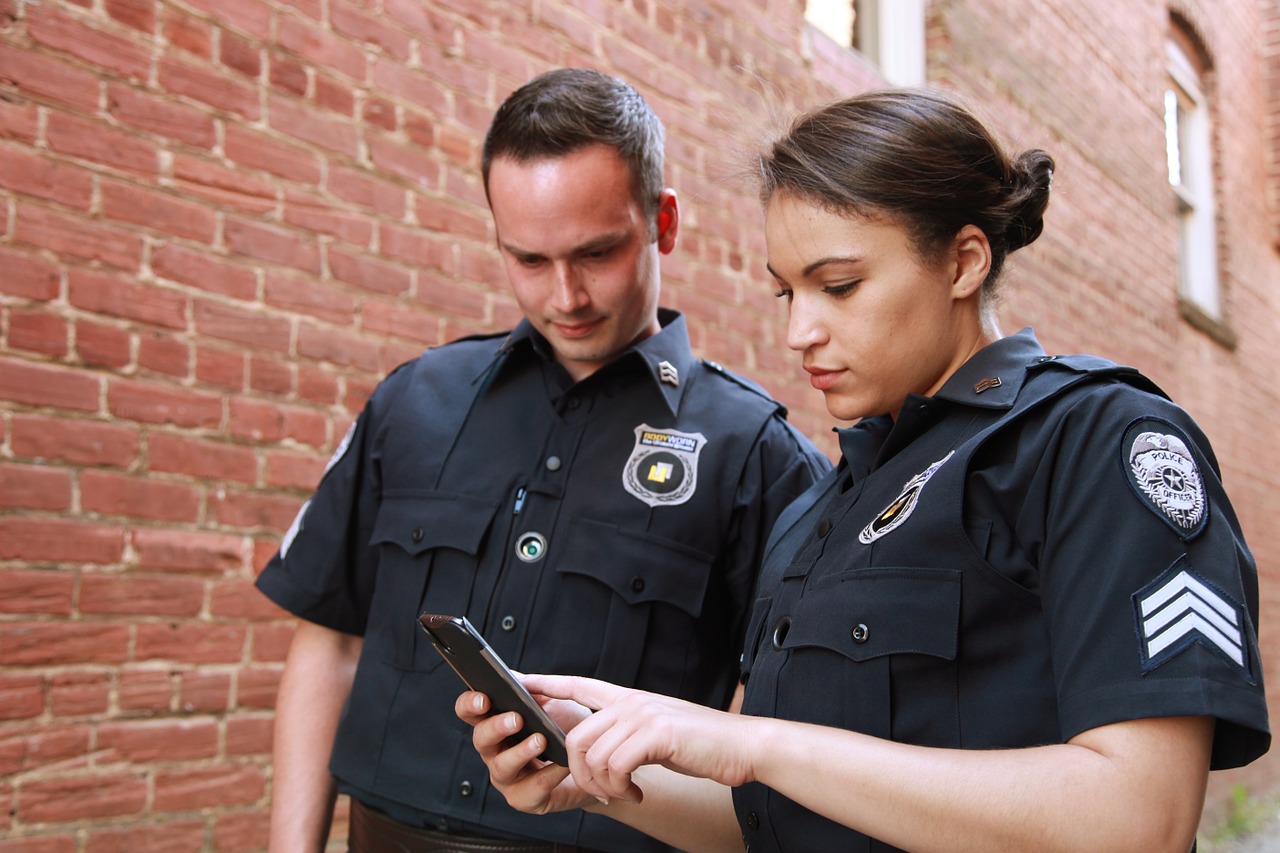Law Enforcement Careers--Police Officer
 Can a Psychology degree lead to being a police officer?
Can a Psychology degree lead to being a police officer?
Quicj answer: DEFINITELY! Let's start with talking about all that police officers do. Tobegin, we know that police officers are sworn to defend and protect the lives of people and their property. This leads them to investigate crimes (e.g., gather evidence), arrest and detain suspects, testify in court, deal with emergencies, patrol neighborhoods, and write reports. Thery work asigned shifts, but in reality they are alays on all.
The educational requirements for a police officer can vary a great deal. Some police departments only require a high school diplomma. However, more and more police departments are requiring a college degree (think Psychology degree!). With your Psychology degree, you will apply for a speciic department and then attend a police academy. Finally, you will be required to have a period of on-the-job training. Keep in mid that police officer candidates must be U.S. citizens, usually at least 21 years old, and able to meet rigorous physical and personal qualifications.
Click here to read about various types of careers in policing.
Salary Information
payscale.com lists the average yearly income for Police Officers at $50,000.
Click here to read important steps to a career in Law Enforcement.
Other links on explorecareersinpsychology.org
Click here to return to homepage of explorecareersinpsychology.org
Click here to return to the Careers by Category page.
Click here to return to the Law Enforcement Careers page.
Click on the links below to read about other Law Enforcement careers that only require a Bachelor's Degree in Psychology:
Law Enforcement Careers--Corrections Officer